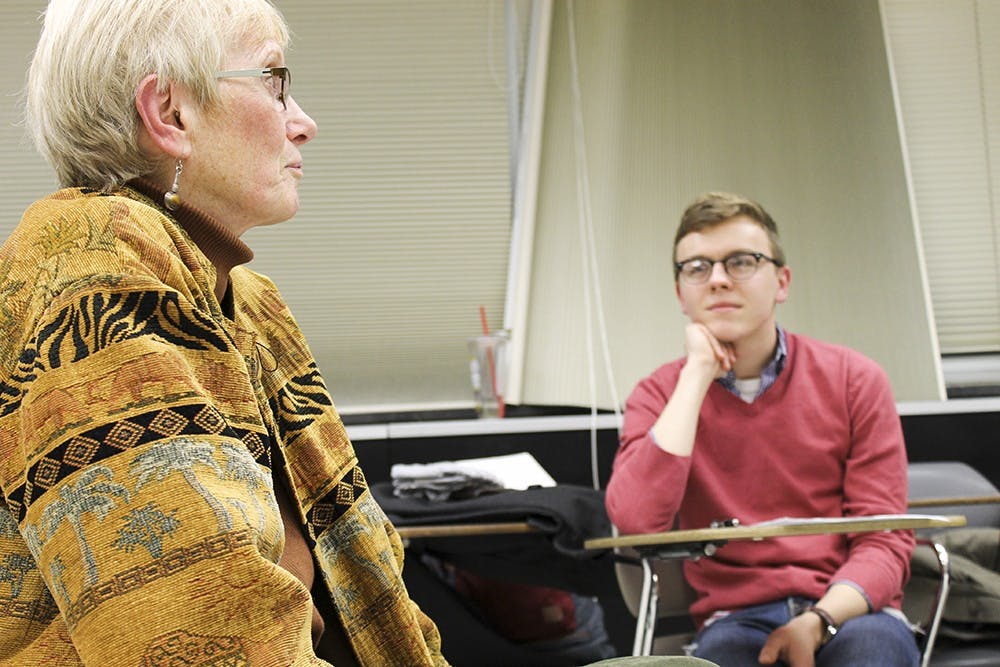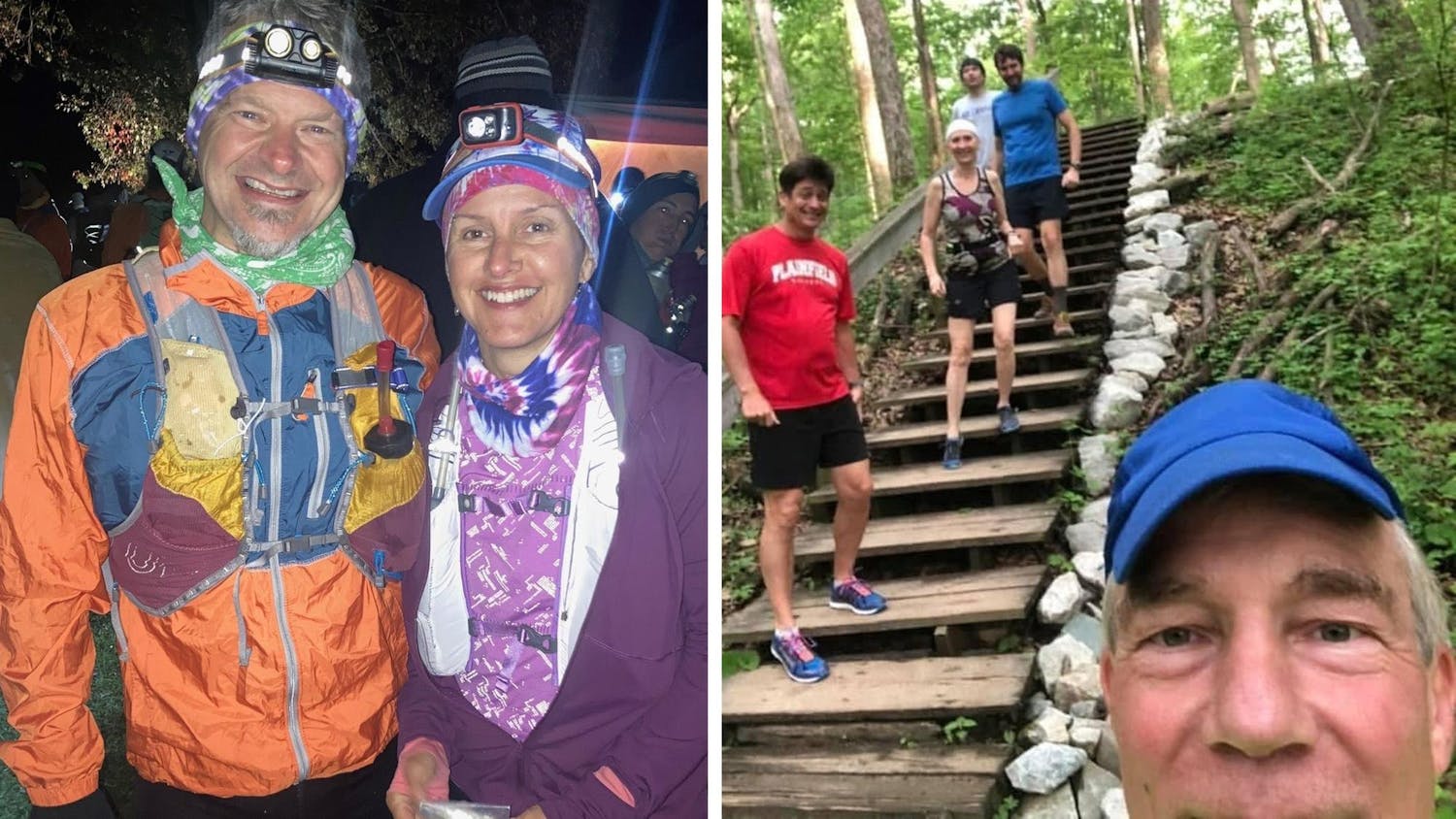Opinions from graduate students, faculty members and fellow undergraduate students joined Christian Purdy, junior and president of the National Association for Music Education, in a discussion of western music education policy in the U.S. on Thursday night.
They discussed adversities in topics of social value, education and multicultural music in the Western world. The group was in agreement that the Western world focuses on the competition and academic aspects of the region’s incentive to teach music in schools.
“It seems to me — in our state — our (academic) model is based on next year, not long term,” Purdy said.
Purdy said advocacy for multicultural musical education is completely
untapped.
The group collaborated on the idea that musical education is in a state where the focus is on the effects of music as an aid to academic progress rather than its
social benefits.
“Unfortunately that is the issue right now,” Purdy said. “We have to find what sells to our legislators.”
He said oftentimes western communities are fighting battles against themselves in regards to implementing multicultural
ideals of music education.
Alain Barker, director of Entrepreneurship and Career Development of the Jacobs School of Music, said the value of incorporating multicultural aspects to musical education lies less in the outward look at “the other” and more in the “opening up myself.”
Bridget Rinehimer, Ph.D. student of music education, said she feels that western teachings of musical instruments often strictly promote the perfection and notation in playing specific pieces.
“Notation is not music,” Mary Goetze, professor emerita of music in the music school, said. “Notation is so unemotional and analytical.”
Goetze said she feels that a social argument would “win points” in a proposal to legislators for multicultural music education. She said the best way to provide an adequate education of music and musical instruments would come from informants from the countries of which they originate.
With advancements in technology and access to international cultures through mediums such as Skype and YouTube, the students discussed how these technologies could give them access to these informants.
Students talked about the positive and negative effects that multicultural music education would have on students and the general public.
Barker and Purdy both said it would broaden the personal growth in
students.
However, Goetze said she believes it would promote social understanding and positive diversity.
Goetze said we should teach multicultural music because it is a “vehicle for bringing people together for nurturing, understanding and tolerance.”
This article has been revised to say Mary Goetze. A previous version of this article read Mary Goetke. The IDS regrets this error.






